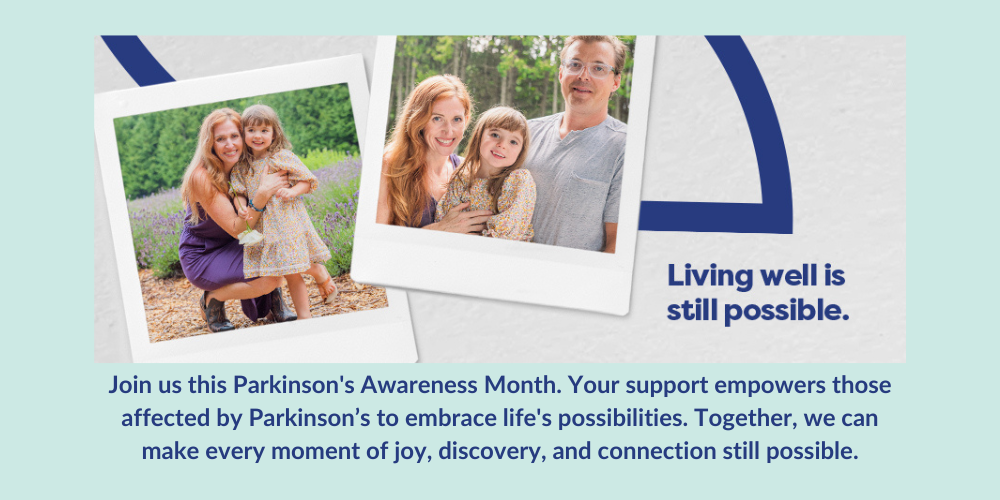Caring for the whole person

The Movement Disorders Clinic at Toronto Western Hospital is a global leader in treating Parkinson’s disease. That’s why Dr. Sarah Lidstone is eager to learn from the colleagues who will mentor her there.
Lidstone, a neurologist, has been studying Parkinson’s disease for 18 years, including as a researcher before she earned her medical degree.
The most important thing she’s learned is that Parkinson’s “is not just a movement disorder,” she says. “People’s whole lives are affected.”
Although people often think Parkinson’s affects seniors, people with early onset Parkinson’s disease are in their 30s or 40s when diagnosed. The disease affects their careers as well as the lives of their caregivers, and alters family dynamics.
During her fellowship, Lidstone plans to learn from her supervisor, Dr. Anthony Lang, about how to build a successful clinic. She hopes to add innovative technological tools to care for people with Parkinson’s in all aspects of their lives.
“The technology exists to monitor people’s tremors, for example. Why are we not using it clinically?” she asks.
Although the Toronto clinic is cutting-edge, it’s not always accessible to people outside the city. After her fellowship, Lidstone plans to create a network of healthcare professionals, including social workers, nurses, physiotherapists and speech-language pathologists. They would be trained at the clinic, but specialize in treating Parkinson’s in their home communities.
She plans to travel to The Netherlands, to Scotland and to the United States to study the multidisciplinary networks there.
Ultimately, Lidstone hopes a multidisciplinary approach will ensure people with Parkinson’s get the care they need for all aspects of the disease.
“My vision is to become a world leader in truly innovative ways of treating patients with Parkinson’s disease. This includes actively involving a physiotherapist early in the disease course, involving a social worker, and placing a huge emphasis on teaching patients about their disease. This can empower patients,” she says.
Lidstone has been interested in Parkinson’s disease since her undergraduate days, when she became fascinated by how changes in the brain correspond to people’s symptoms.
She forms close relationships with her patients.
“Having an opportunity to ask people questions about all these different parts of their lives and do something to help them in all of these areas is very rewarding,” Lidstone says.
“It’s these long-term patient relationships that I love and make me want to come to work every day.”
Lidstone also hopes to study existing care versus multidisciplinary care to see which provides better outcomes.
“If we can demonstrate that outcomes are better and it’s cost-effective, that will be the key to obtaining funding down the road,” she says.

